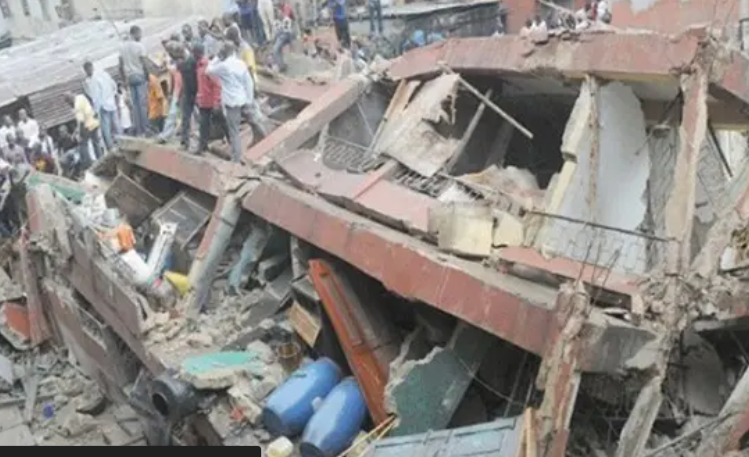The Federal Government yesterday asked building and construction stakeholders to find lasting solutions to incessant building collapse in the country.
The Minister of State for Industry, Trade and Investment, John Eno, at the National Conference on the building/construction sector organised by the Standards Organisation of Nigeria (SON) decried the rampant cases of building collapse in recent times.
In its latest report, the Building Collapse Prevention Guild said 635 cases of building collapse were recorded in Nigeria between 1974 and November 5, 2024. According to the report, Lagos recorded the highest number of cases with over 351 buildings caving in the last 50 years.
The report showed that the 351 collapsed buildings in Lagos represent 55.28 per cent of the total of 635 recorded cases in the country during this period. Declaring the conference open, Eno urged building and structure construction stakeholders to end the menace.
He said: “My mandate to you on this crucial matter is to ensure safer, more reliable structures. “This forum affords me a chance to relate with relevant stakeholders in the industry, to unite and collaborate for the common purpose of safety.”
The Council for the Regulation of Engineering in Nigeria (COREN) President, Sadiq Abubakar, urged standard enforcement in building construction. The professor said: “The building industry is peculiar in the sense that there are codes and standards that govern activities from design to completion of projects.
“The efforts of the SON at the development or domestication of codes and standards in collaboration with key stakeholders such as the Nigerian Society of Engineers and its corresponding Committee on Codes and Standards must not go unnoticed but we need to do more.
“Nigeria is situated in subSaharan Africa with its inherent weather conditions different from that of the temperate and other regions hence the need for the development of local codes and standards that address these peculiarities.
“At the moment, there exists the Nigerian Industrial Standards (NIS) that cover building materials such as cement, glass, steel, blocks etc. and British Standards, Eurocodes are still being used in some quarters.
While there is nothing wrong with the adaptation of foreign codes and standards, such adaptation needs to address the local conditions and peculiarities in the country.”















